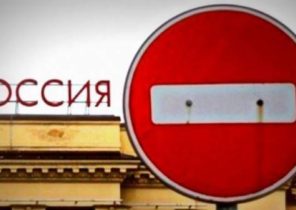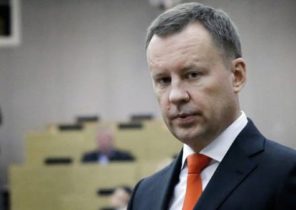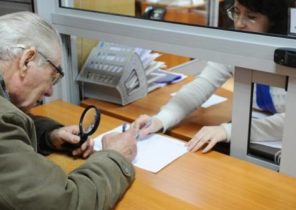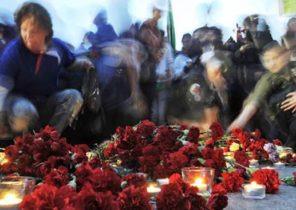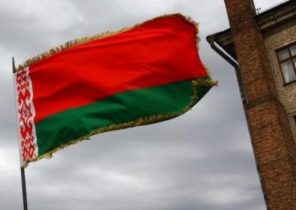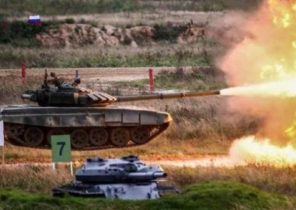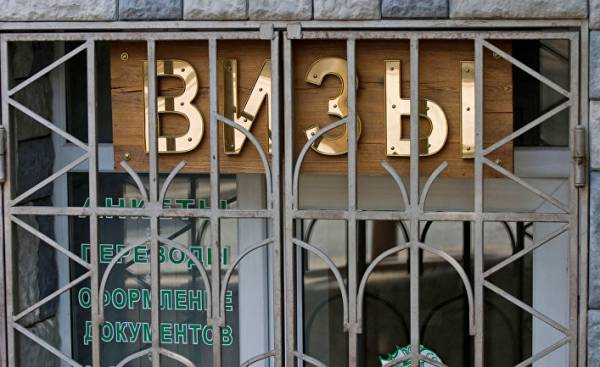
Coverage of international news is often associated with lightning moving from one country to another.
The suitcase can be collected, and tickets booked within few minutes after news releases.
But to come urgently to Russia further than anyone else.
To Lisa Millar (Lisa Millar) and David Shashi (David Sciasci) could start to work in Moscow, it took four months and 300 emails.
First had to spend many hours on the issue of visas, which in the end was denied for reasons which either had no meaning or was never communicated to the applicants.
So, we pointed to the fact that the color printing company ABC did not respond to the official requirements.
Also received a complaint about mismatch between the two signatures of the same person.
But changing global policy told us that it was time to try again.
At first glance, the process seems fairly simple.
We contacted a visa agent in Moscow, who told us the tentative dates and a list of administrative requirements.
The first difficulty was the most serious — to get an official invitation or telex from the Russian government.
AVS needed to find a way to Russian the Ministry of foreign Affairs (MFA).
We have already warned that the media that do not have their representative offices in Russia, is viewed with suspicion.
Last month a spokesman for the Russian foreign Ministry Maria Zakharova categorically rejected the accusations of the news Agency Reuters that some of its journalists were denied entry into the country.
“We do not divide journalists into good and bad,” she said.
“We do not deny visas or accreditation for the publication of information which, from our point of view is biased.”
However, ABC was asked to give the details about each report that we were going to do in Russia, where we will remove them and who will take the interview.
We were also required to report the name of the hotel, where he intended to stay.
The receipt of a telex was a surprise for us, which, however, allowed us to breathe a sigh of relief.
The next stage meant completing a lengthy online application and preparation of several letters that have been translated into Russian language, and sign it with seal and submit to the Russian visa center in London for the approval of the Ministry of foreign Affairs.
A few days later, Lisa and Dave were at the hands of their 30-day visa: this is the maximum allowable time.
But they were immediately warned not to shoot a single frame before they contact the Ministry of foreign Affairs in Moscow to collect your accreditation card.
Finally we were able to order plane tickets and to inform the contact persons in Russia: “We do come.”
No one could fully believe it.
